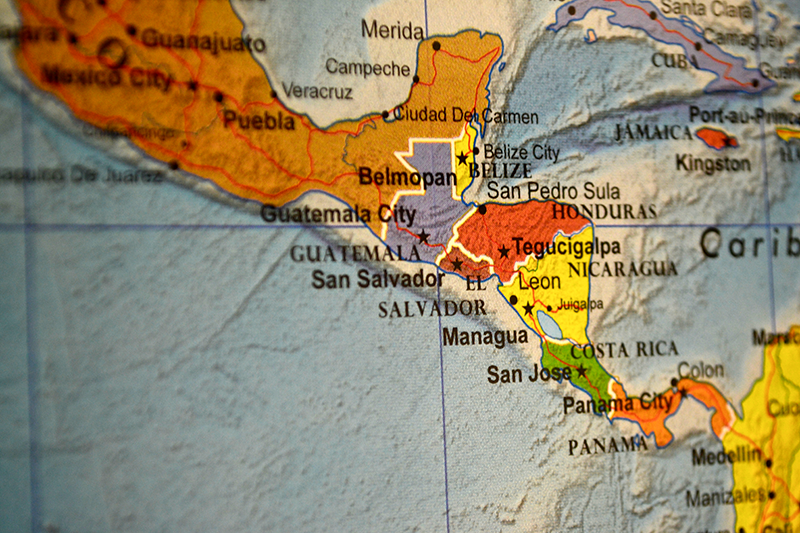
The phrase quid pro quo (literally, "this for that" in Latin) has been beat to death in the media recently due to the Trump-Ukraine phone call at least partly underlying the House Democrats' ongoing impeachment effort.
As Andrew McCarthy at National Review has discussed, the phrase has taken on a surprisingly sinister overtone, although in fact such arrangements are par for the course in foreign relations. Is it not the case that most countries routinely deal with one another on a basis of pursing their own national interests and try to find points of intersection where each can provide the other something it wants?
I would go further and say that quid pro quos aren't just the norm in foreign relations, but the stock-in-trade of pretty much all political engagement. At its kindest, we call it "compromise"; less kindly, it's described as "back-scratching" or "logrolling" or swapping "pork"; worst of all, we call it corruption when it's done for personal enrichment rather than in pursuit of a nation's goals. Show me a politician who denies ever engaging in such behavior (although usually short of corruption), and I'll show you a politician who is dissembling.
That's why I was interested in the recent revelation that, in return for signing onto a safe third country agreement with the United States designed to curb the kind of illegal migration northward that we've seen so much of in recent years. El Salvador's president bought some of his countrymen here in the United States another year of temporary protected status (TPS). This despite President Trump efforts to terminate TSPS for Salvadorans after nearly two decades of endless, and mindless, extensions that had nothing to do with the original reason it was granted in March 2001 (an earthquake).
With the partisan divide over use of quid pro quos, needless to say I expected both Democratic leaders and media giants to explode in a furor. Instead, there has been a strange silence. This, I presume, is because even though they may hold their collective nose at the safe-third-country part of the deal, what Trump has given in return gladdens the heart of open-borders advocates. It buys more time in which they can hope for a "grand compromise" that includes another massive amnesty for Salvadoran TPS recipients and many others besides.
As for myself, I'm of (at least) two minds over this tit-for-tat. Mostly, I'm not much enamored of it because even though El Salvador has been showered with lots of U.S. foreign aid in the past, including millions for the Merida Initiative, it has done little or nothing to justify the aid, and has even gone out of its way to impede repatriation of its nationals when being deported from our country — usually for commission of crimes here.
And, just prior to the revelation of this deal, it came out that El Salvador was paying lobbyists in the United States to help obtain legislative relief for its citizens who had received TPS, said relief to take the form of an amnesty, of course. Presumably, that effort will continue since what our government is offering is ostensibly temporary, though who knows what commitments were made behind closed doors.
Another one of my objections is that this agreement reminds me of the 1986 Immigration Reform and Control Act, where Republicans gave in to a massive amnesty in return for promised future enforcement that never quite happened. One wonders whether our government is being led down the primrose path by El Salvador, which can now point to a concrete commitment on the part of our president, while its own commitments remain vague — somewhere over the rainbow.
The flip side is that the administration can argue that nothing has been lost since its effort to end TPS for Salvadorans is for the moment blocked by a nationwide injunction. The appeal will probably take a long time to wend its way through to the Supreme Court, as so many things do now that many of the circuit courts of appeal have become nearly as left-leaning as the Ninth Circuit.
